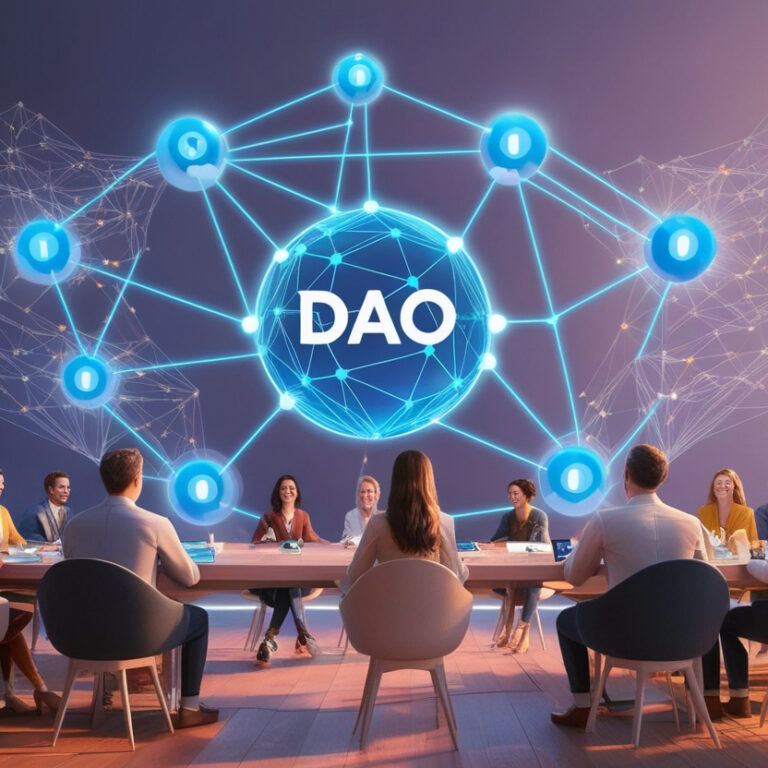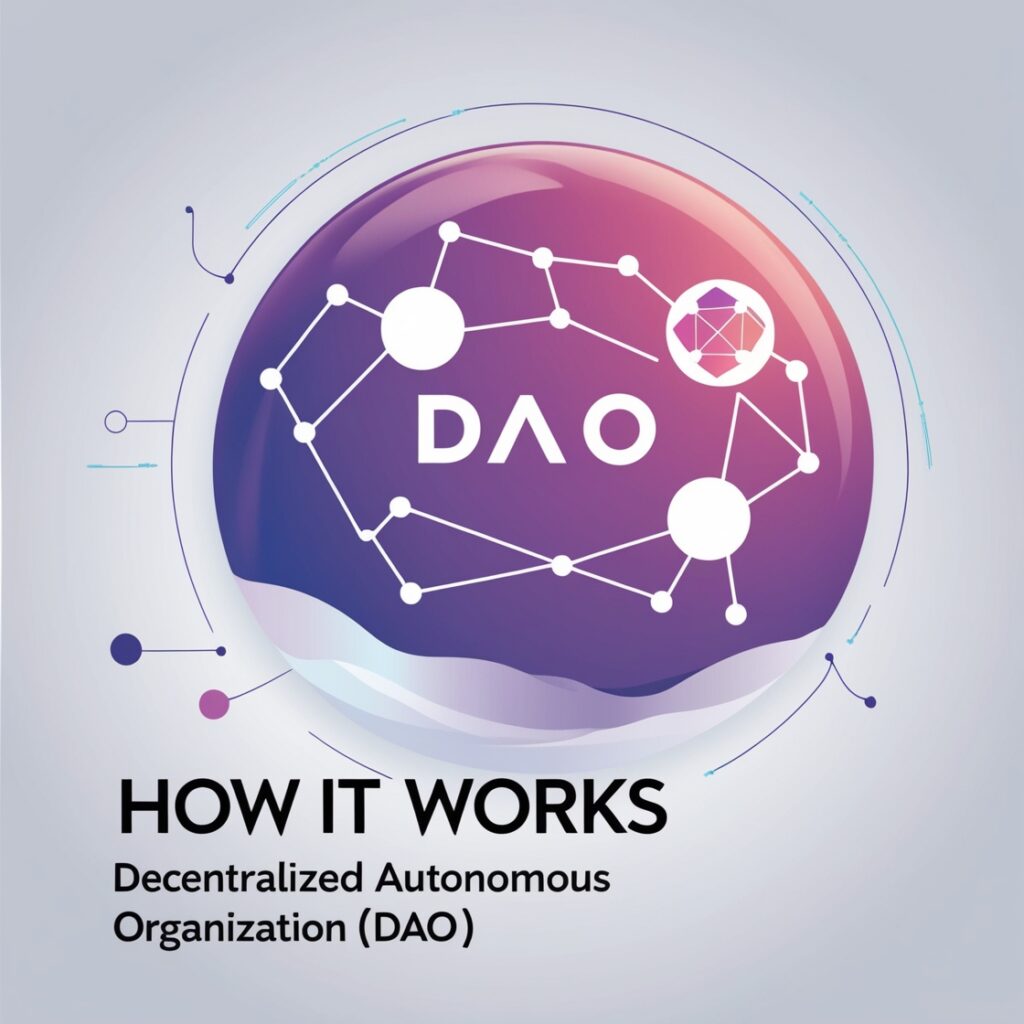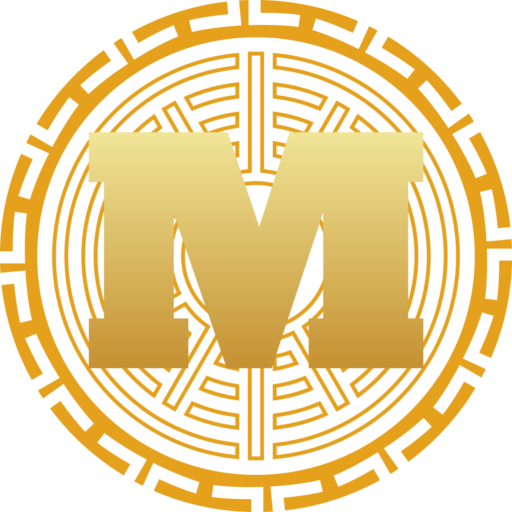Introduction to DAO
A Decentralized Autonomous Organization (DAO) is an innovation concept in governance, leveraging blockchain technology to create transparent, decentralized decision-making structures. At its core, a DAO operates without centralized control, relying instead on smart contracts and consensus mechanisms to enable community members to participate in decision-making processes.
Within the MeemLev ecosystem, DAO embodies our commitment to democratizing platform governance and empowering users. By giving token holders a direct say in key decisions, such as content curation, rewards distribution, and platform upgrades, MeemLev ensures that decisions are made transparently and democratically. Through DAO, MeemLev fosters a collaborative environment where every member of the community can contribute to the platform’s growth and success. Join us in revolutionizing digital engagement and embracing the spirit of decentralized governance with MeemLev’s DAO!


Who Can Participate in DAO
Participation in the DAO is open to all token holders who meet specific criteria. To become DAO members, token holders must stake a minimum number of tokens. There are two distinct roles within the DAO: proposers and voters. Proposers possess the ability to both initiate proposals and vote on them, while voters are limited to voting on proposals.
The differentiation between proposers and voters is based on two key factors: the size of staked tokens and proof-of-engagement. Proposers are required to stake a larger amount of tokens to qualify for membership and must actively engage in DAO forums, demonstrating genuine interest in enhancing MeemLev and expanding its impact. Proof-of-engagement refers to the active participation of proposers in DAO discussions and activities, ensuring their commitment to the platform’s development and growth.
How DAO Works
MeemLev’s unique DAO is governed by a set of rules designed to ensure stability, security, and protection against malicious activities and manipulation. Proposals undergo a review process to assess their quality and viability before being introduced to the blockchain. Each proposal requires a concise description, target category, voting duration, and optional parameters necessary for executing the proposed logic, particularly if it impacts existing rules or involves external changes.
During the voting phase, DAO voters exercise their rights by casting one vote each. Proposals meeting voting criteria are executed on the blockchain after the voting period ends. Approval requires favorable votes to surpass opposing votes, with the total meeting or exceeding the target category quorum percentage. Quorum percentage is determined based on the circulating supply of MeemLev tokens in the market. Failure to meet the quorum, even with all votes in favor, results in proposal rejection.

